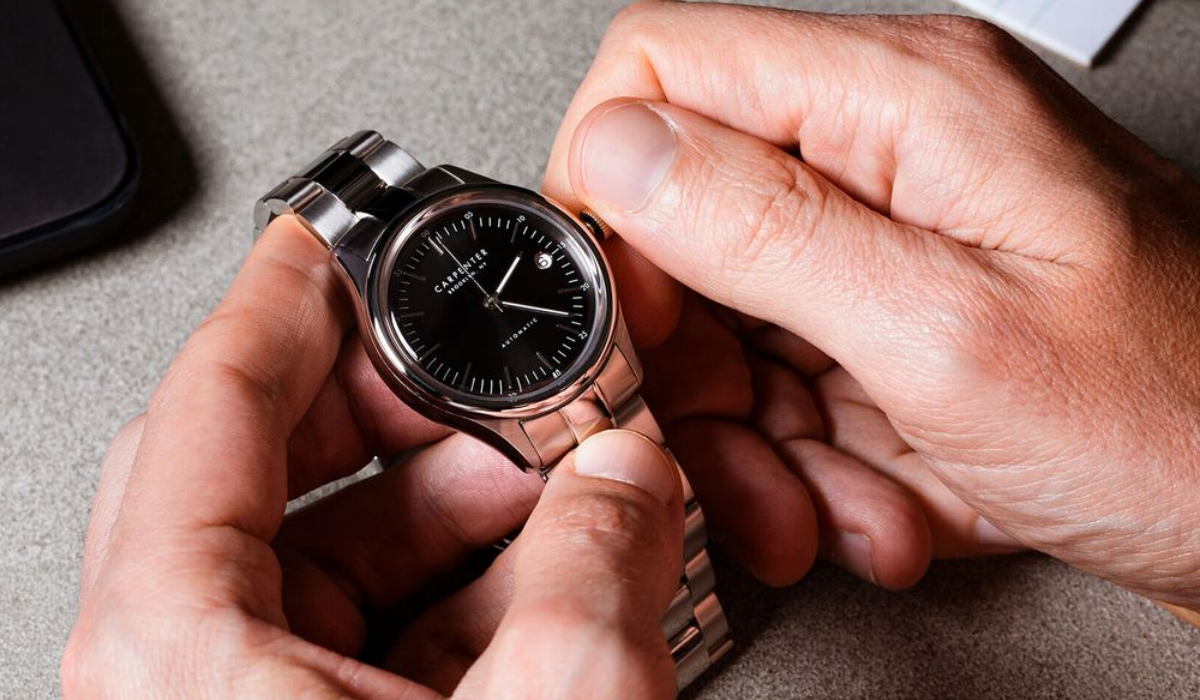In truth, there are many factors that contribute to the price of mechanical watches. These include cost of materials used in production, medical certification costs, intricate assembly process, and more. When all these factors are accounted for in addition to the watchmaker’s labor and artistic skill input, it becomes clear as to why mechanical watches might be more costly than other options on the market.
6. Time spent designing and testing
Rather than creating new watches for the market, some watchmakers will put their time and effort into designing new models that are highly customized to a consumer’s taste. Generally speaking, these types of mechanical watches will cost more simply because you are getting a more unique product with additional time spent on both design and testing before hitting the market.
5. Time spent in producing your own movement
No matter how many professional watchmakers there may be, they cannot create watches by themselves. Quality mechanical watches are produced through a series of assembly tests and design modifications before being passed through the hands of actual watchmakers. Each watchmaker has his or her own process, so it is often difficult to figure out exactly how much time a particular movement has been allotted to before being released onto the public.

4. Replacing parts after use
There are several wear and tear parts on each mechanical watch that must be replaced throughout their lifetime. Many of these replacement parts are likewise costly, and can add up to a large chunk of cost for each watch in production if this is not accounted for at the beginning stages.
3. Labor costs involved
As with any other product, the labor you are paying for to produce your watch determines how much it will end up costing you. Instead of paying a professional watchmaker to create the movement, you are instead hiring a factory worker to do the same work on a larger scale. This will often lead to automated assembly techniques, which generally lack in quality and can lead to production delays and errors that could potentially lower quality output.
2. Operating costs of your mechanical watch
This is the most obvious cost of owning a mechanical watch – after all, these watches require regular maintenance in order to keep them running at peak levels of performance and accuracy over an extended period of time. Many high-end mechanical watches can run into hundreds of dollars every year simply in maintenance fees.

1. Cost of materials
The most obvious part of the cost discussion is how much you are paying for your parts and repair costs. Today’s sophisticated movements are made from more expensive alloys than the cheaper ones from the earlier years, so a mechanical watch today can be more expensive since it includes a larger amount of exotic metals. This also adds to the production costs because these metals are costly, and must be milled or laser-cut to perfect pieces for each watchmaker.
Conclusion:
As you can see, there are many factors that contribute to the high cost of mechanical watches. This is why many watch enthusiasts feel that they are more than worth their price, considering the amount of work and precision that goes into making each one. All in all, if you have the cash, then you should be able to get a high quality watch that will last a lifetime.






